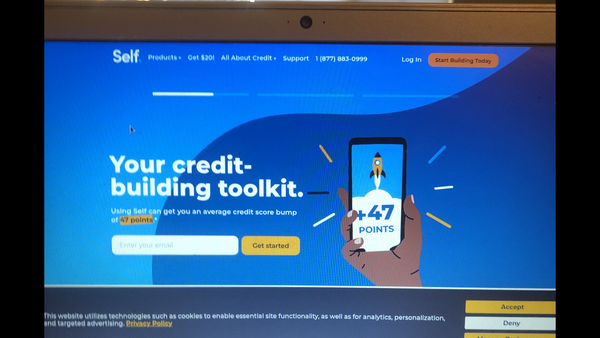Solutions to Work/Life Balance

Work/Life balance is one of the central issues of working people today⚖️
There is no shortage of busy, overstressed, and overworked people who could benefit from a little coaching, and bring balance to their hectic work and home schedules⚖️
Most people would prefer to spend less time at work, and more time with their families, hobbies, or themselves👪
Conflict of roles is probably the most common result of a work/life imbalance⚖️
People who feel that they have little or no control over their lives, as a result of the demands of their jobs and personal lives often experience unhealthy stress levels⚠️
Elevated stress levels can affect your health in a variety of ways, such as poor eating habits, not getting enough sleep or feelings of exhaustion😴
Some of the issues of people seeking Work/life Balance are⚖️
- stress ( caused by conflicts both at work and home)
- working long extra hours at work⏲️
- over-extended in credit card debt💰
- refusal to address personal/household debt💰
- feeling exhausted, fatigued, and overworked all the time😴
- feeling guilty for not making enough time for hobbies, family, and self👪
- feeling overextended or over-committed both at work and at home.
Financial Literacy💰
- Financial literacy is about understanding concepts like budgeting, building and improving credit, saving, borrowing and repaying debt.
- Financial literacy means learning basic concepts so you're able to make better-informed decisions about your money. Financial stability has to become the goal.
- Expand your financial literacy in these 5 areas: budgeting, building and improving credit, saving, borrowing, repaying debt, and investing.
Budgeting💰
- A key first step as you build financial literacy is to learn healthy spending habits.
- Start by identifying monthly expenses to include in your budget, which can help you track your spending.
- Budgeting helps you ensure that you're not overspending on non-essentials.
- Avoiding extra expenses can create more room for essentials and savings.
- The 50-20-30 method: This method involves setting aside 50% of your take-home income for your needs, 30% for your wants, and 20% for savings.
Time Management⏲️
- Time management caters to the busy, overworked, overstressed, masses of individuals who generally can't find solutions to managing their personal lives.
- The cornerstone of a productive day lies in the quality of sleep the night before.
- You need to prioritize the importance of restful, rejuvenating slumber.
- Establishing a consistent sleep routine is critical to every aspect of your daily routine.
Strategically Planning Your Daily Agenda📆
- Writing a to-do list is a simple yet powerful habit that involves the use of a day planner. Jotting down tasks and priorities to organize the day is important.
- The use of a day planner, laptop, or electronic tools serves as a strategic roadmap for the day. This helps you organize your thoughts to set clear objectives for the morning agenda.
- It's a visual reminder of priorities, goals, and objectives, allowing for a more focused and organized approach to daily activities.
Learn How to Process Issues📆
- The capacity to process challenges is another critical aspect for reducing stress.
- Impliment a step-by-step plan of action after a situation arises and determine which areas are worth investing your time and resources.
- Aligning daily actions with long-term goals is a crucial aspect of time management.



